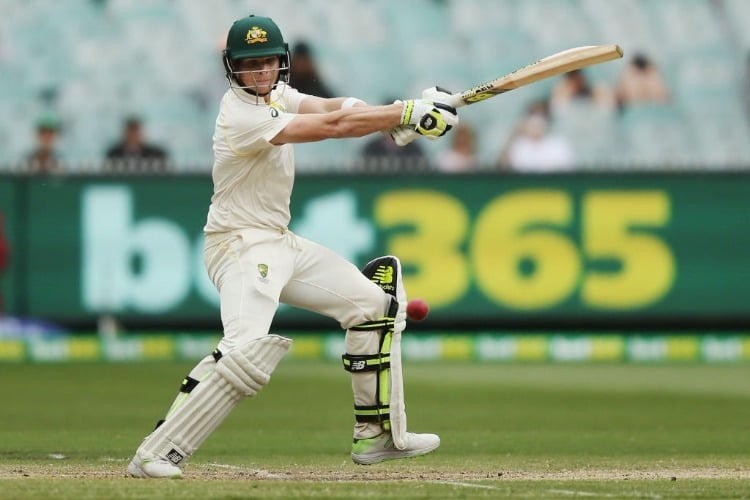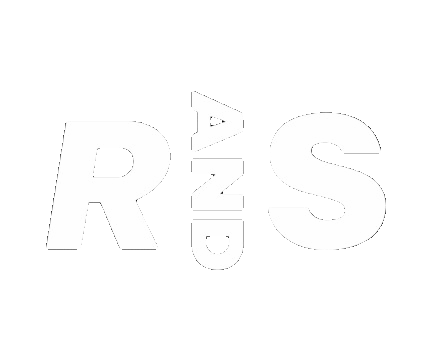3 minute read
Steve Smith's concussion substitution and reaction to missing part of the Ashes is a key moment for Cricket Australia, having set an example for all players.

Some 13 years passed between game-changing blows to the head of Justin Langer and Steve Smith but in many senses it feels like a lifetime.
Langer has spoken about the mental challenge for Smith in his first Test back after being struck on the neck by a Jofra Archer bouncer with absolute authority.
Australia's coach knows how the cricket tragic's brain works as well as anybody.
But Langer is also the former opener who suffered five concussions during a 105-Test career that was renowned for stoicism and resilience as much as style and runs.
The most jarring and alarming of Langer's head knocks came when he was rushed to hospital in Johannesburg after misreading a Makhaya Ntini bouncer in 2006.
As opposed to Smith, who was initially cleared to resume his innings then woke up the following morning feeling like he'd had "six beers last night", there was nothing delayed about Langer's concussion.
Despite obvious symptoms, convincing Langer to retire hurt was never going to be easy. There were no concussion substitutes, formal processes or policy; no team doctor travelling with the squad, no law empowering a medico to make the final call.
Alex Kountouris, then serving as team physio but now head of the sports science and medicine department at Cricket Australia (CA), vividly recalls assisting the groggy batsman from the field.
"He was clearly concussed. He was no good," Kountouris recalls to AAP.
"He didn't want to come off. I remember Matthew Hayden saying 'mate, you need to get off the field now'."
Langer signalled his desperation to bat in Australia's second innings despite symptoms that included vomiting and sleepless nights.
Captain Ricky Ponting found Langer running laps in the Wanderers dressing room, padded up with helmet on, and told his teammate "you can't do it ... if you get hit in the head, you could die".
Australia escaped with a two-wicket win, ensuring Langer wasn't required to bat, but it was what Kountouris termed "a stressful period".
"That's why I am very sympathetic to our doctors about getting players off the park, at all levels. I understand how hard it can be," he said.
"In life, as in sport, you need to judge things for their time in history."
The Langer episode is a powerful argument for concussion subs, underlining how all-consuming a team-first mentality can be.
Smith's experience in recent weeks and the silence that enveloped Lord's shows just how much times have changed since, most obviously because of Phillip Hughes' tragic death in 2014 that sparked countless conversations about player safety, helmets and head knocks.
But also because of global advances in concussion, especially return-to-play protocols, across all sports.
Langer knew once Smith hit the deck that team doctor Richard Saw became the most important and powerful member of the entire touring party, making a point to ensure he didn't feel under pressure.
Saw wanted Smith to leave the ground for a thorough concussion assessment; the batsman felt fine but knew CA policy dictated it wasn't a request but an order.
When Smith with diagnosed with delayed concussion the following morning, the batsman described it as the "right decision".
Smith was soon ruled out of the third Ashes Test; the superstar's initial disappointment was clear but he made a point not to sulk around teammates.
The nation was watching as Australia's best batsman since Don Bradman was temporarily withdrawn from the sport's showpiece series.
It was a test case for CA's concussion policy, first penned in 2014 and reviewed annually since, and arguably the greatest leadership Smith has demonstrated since returning from his year-long suspension.
Kountouris helps run concussion education sessions with national junior squads, featuring an insightful video of Will Pucovski's first-hand account that covers how concussion can be delayed and subtle.
Annual concussion chats with state squads is included in the latest research plus CA's data, protocols and policy. Kountouris already believes Smith has helped make a major difference by setting the right example in such a high-stakes and high-profile series.
"I've done three state sessions since Steve got hit, I did two before," Kountouris said.
"Maybe it was just me looking for that but it did feel different.
"We don't want these things to ever happen but I think pulling him out at the crucial point of a big game then leaving him out of the next game, it shows everyone we are taking this seriously."
The obvious question is whether Smith should have been allowed to return after being hit.
Smith and Langer are adamant the right call was made, both pointing to the number of head knocks in this series alone that have not resulted in concussions.
CA continues to research delayed concussion but at this stage there was no way to confidently predict Smith would wake up with his hangover-like symptoms.
In 13 years, things may well be different.







